Thread Plug Gauge Manufacturers
Navigating the world of thread plug gauge manufacturers can be complex. This guide provides a detailed overview of selecting the right manufacturer, understanding different types of gauges, and ensuring quality control. It covers key considerations like materials, certifications, and customization options, helping you make informed decisions for your specific needs.
Understanding Thread Plug Gauges
A thread plug gauge is a precision instrument used to inspect the internal threads of manufactured parts. It ensures that threads conform to specified dimensions and tolerances, guaranteeing proper fit and functionality. Selecting the right thread plug gauge is crucial for maintaining quality control in manufacturing processes.
Types of Thread Plug Gauges
Several types of thread plug gauges cater to different applications. The most common types include:
- Go/No-Go Gauges: These are the most widely used. The 'Go' gauge should easily screw into the threaded hole, while the 'No-Go' gauge should not enter more than a specified amount.
- Taperlock Gauges: Offer increased rigidity and accuracy, especially for fine threads.
- Progressive Gauges: Combine the 'Go' and 'No-Go' functions into a single gauge.
- Wire Thread Insert (STI) Gauges: Specifically designed for inspecting threads that will be used with wire thread inserts.
- Unified Thread Gauges: Used for inspecting unified national threads per ASME/ANSI standards.
Key Features to Look For
When evaluating thread plug gauge manufacturers, consider these essential features:
- Material: High-quality tool steel, hardened and tempered for durability.
- Accuracy: Compliance with industry standards such as ANSI, ASME, ISO, and DIN.
- Finish: Smooth surface finish to prevent damage to the threads being inspected.
- Calibration: Traceable calibration to national or international standards.
- Marking: Clear and permanent marking of thread size, class, and manufacturer's identification.
Choosing the Right Thread Plug Gauge Manufacturer
Selecting a reliable thread plug gauge manufacturer is paramount to ensure the accuracy and longevity of your gauges. Here's what to consider:
Reputation and Experience
Look for manufacturers with a proven track record of producing high-quality gauges. Read reviews, check testimonials, and ask for references. A manufacturer like Wayleading Tools, with years of experience, often has refined processes and a deep understanding of customer needs.
Certifications and Compliance
Ensure the manufacturer holds relevant certifications, such as ISO 9001, which demonstrates a commitment to quality management. Compliance with industry standards like ASME B1.16M for thread plug gauges is also critical. These certifications ensure that the gauges meet specified requirements for accuracy and performance.
Customization Options
If your application requires specialized gauges, choose a manufacturer that offers customization options. This includes custom thread sizes, pitches, and materials. The ability to customize ensures that the gauge perfectly matches the specific requirements of your application.
Pricing and Lead Times
Compare pricing from different manufacturers, but prioritize quality over cost. Consider lead times, especially for custom orders. A balance between competitive pricing and reasonable delivery times is essential for efficient operations.
Materials and Manufacturing Processes
The materials and manufacturing processes used by thread plug gauge manufacturers significantly impact the gauge's accuracy, durability, and lifespan.
High-Quality Tool Steel
Most thread plug gauges are made from high-quality tool steel, such as oil-hardened or air-hardened steel. This material provides the necessary hardness and wear resistance for repeated use. The specific type of steel used depends on the application and the required level of precision.
Hardening and Tempering
After machining, the gauges undergo a hardening and tempering process to increase their hardness and durability. This process involves heating the steel to a specific temperature and then rapidly cooling it, followed by tempering to reduce brittleness.
Precision Grinding
Precision grinding is a critical step in manufacturing thread plug gauges. This process ensures that the gauge's dimensions are accurate and within the specified tolerances. Advanced grinding techniques, such as CNC grinding, are often used to achieve the required level of precision.
Quality Control and Calibration
Rigorous quality control and calibration are essential for ensuring the accuracy and reliability of thread plug gauges.
Inspection Procedures
Manufacturers should have comprehensive inspection procedures in place to verify the gauge's dimensions, finish, and material properties. This includes using precision measuring instruments, such as coordinate measuring machines (CMMs), to ensure that the gauge meets the specified requirements.
Calibration Standards
Calibration should be traceable to national or international standards, such as those maintained by the National Institute of Standards and Technology (NIST) in the United States. Regular calibration ensures that the gauge maintains its accuracy over time.
Calibration Certificates
Reputable thread plug gauge manufacturers provide calibration certificates with each gauge, documenting its accuracy and traceability. These certificates are essential for maintaining quality control and meeting regulatory requirements.
Maintenance and Storage
Proper maintenance and storage are crucial for prolonging the lifespan of thread plug gauges and maintaining their accuracy.
Cleaning
Clean gauges regularly to remove dirt, oil, and other contaminants. Use a soft cloth and a mild solvent to clean the gauge's surfaces. Avoid using abrasive cleaners, which can damage the gauge's finish.
Storage
Store gauges in a dry, clean environment to prevent corrosion. Use protective cases or containers to prevent damage during storage and handling. Avoid storing gauges in direct sunlight or extreme temperatures.
Regular Inspection
Inspect gauges regularly for signs of wear or damage. Replace gauges that are worn or damaged to ensure accurate measurements. Following these maintenance practices will help you extend the lifespan of your gauges and maintain their accuracy.
Benefits of Using High-Quality Thread Plug Gauges
Investing in high-quality thread plug gauges offers several benefits:
- Improved Quality Control: Accurate gauges ensure that threaded parts meet specified requirements, reducing the risk of defects and failures.
- Increased Efficiency: Reliable gauges streamline the inspection process, reducing the time and effort required to verify threaded parts.
- Reduced Costs: High-quality gauges last longer and require less frequent replacement, saving you money in the long run.
- Enhanced Reputation: Using accurate gauges demonstrates a commitment to quality, enhancing your reputation with customers and partners.
Common Mistakes to Avoid When Selecting Thread Plug Gauges
Avoid these common mistakes when selecting thread plug gauges:
- Choosing the Wrong Type of Gauge: Ensure that you select the correct type of gauge for your specific application.
- Ignoring Calibration: Regular calibration is essential for maintaining accuracy.
- Neglecting Maintenance: Proper maintenance and storage are crucial for prolonging the lifespan of your gauges.
- Focusing Solely on Price: Prioritize quality over cost to ensure accurate and reliable measurements.
Where to Buy Thread Plug Gauges
You can purchase thread plug gauges from various sources, including:
- Directly from Manufacturers: Buying directly from manufacturers like Wayleading Tools often offers the best prices and customization options.
- Industrial Suppliers: Industrial suppliers offer a wide range of gauges from different manufacturers.
- Online Retailers: Online retailers provide a convenient way to purchase gauges, but ensure that you choose a reputable supplier.
Thread Plug Gauge Standards
Thread plug gauges are manufactured according to various industry standards to ensure interchangeability and accuracy. Some of the most common standards include:
- ANSI/ASME B1.16M: American National Standard for Gauging for Metric M Screw Threads.
- ISO 1502: Specifies the dimensions and tolerances for screw threads.
- DIN 13: German standard for metric screw threads.
Thread Plug Gauge Troubleshooting
Even with high-quality gauges, issues can arise. Here's a quick troubleshooting guide:
- Gauge Won't Enter Thread: Ensure the thread size and pitch are correct. Check for damage or debris in the threaded hole.
- Gauge Feels Loose: The thread may be oversized. Use a gauge with tighter tolerances.
- Inconsistent Readings: The gauge may be worn or damaged. Calibrate or replace the gauge.
Conclusion
Choosing the right thread plug gauge manufacturer and selecting the appropriate gauges are crucial for maintaining quality control in manufacturing. By understanding the different types of gauges, considering essential features, and following proper maintenance practices, you can ensure accurate and reliable measurements. Partnering with a reputable manufacturer like Wayleading Tools, known for their precision and quality, will provide you with the best tools for your application.
| Gauge Type | Typical Application | Key Features |
|---|---|---|
| Go/No-Go | General thread inspection | Simple, quick verification |
| Taperlock | High-precision threads | Rigid, accurate |
| STI | Wire thread insert threads | Designed for inserts |
Disclaimer: All product names, logos, and brands are property of their respective owners. All company, product and service names used in this website are for identification purposes only. Use of these names, logos, and brands does not imply endorsement.
Related products
Related products
Best selling products
Best selling products-
 HSS Inch Convex Milling Cutter For Industrial
HSS Inch Convex Milling Cutter For Industrial -
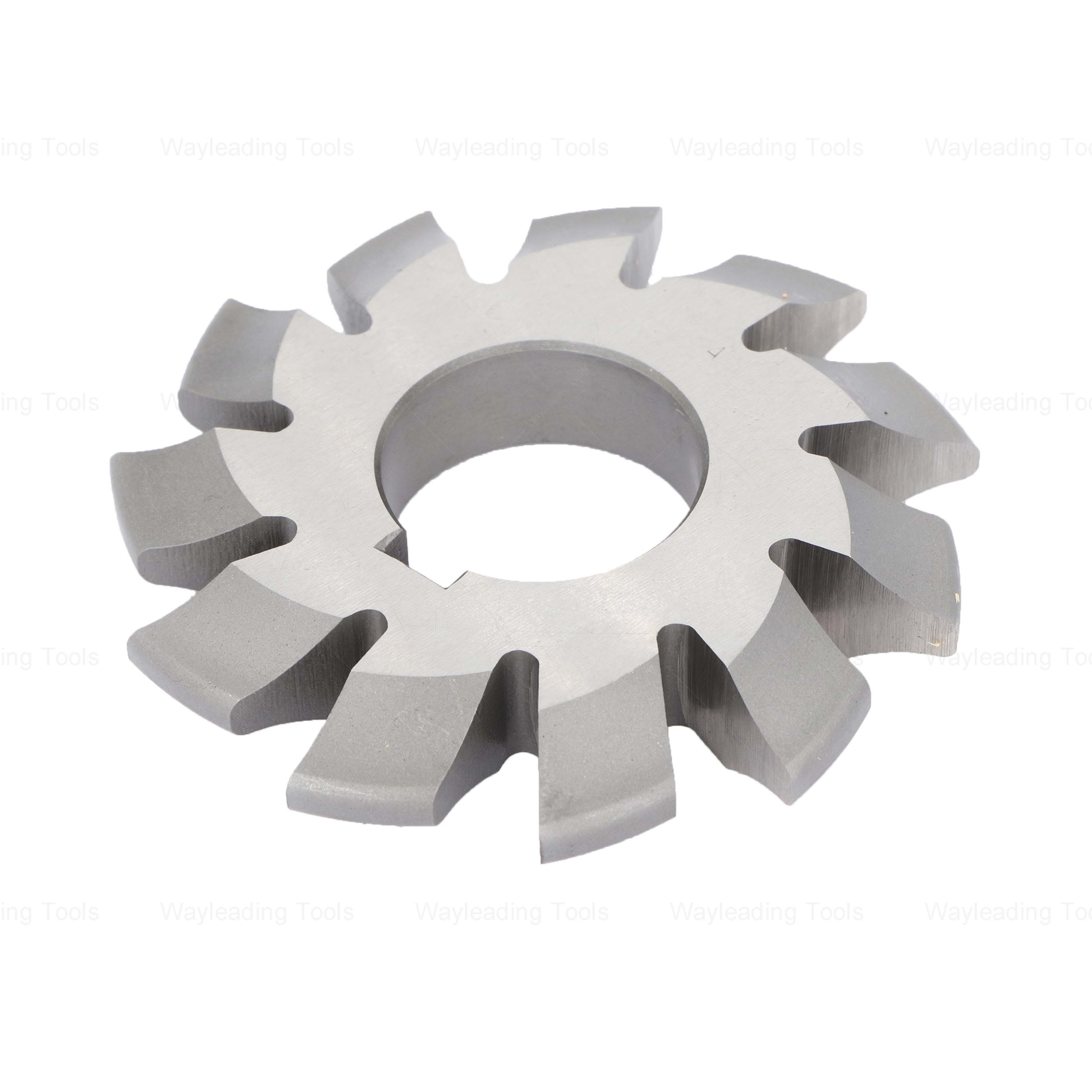 HSS Involute Gear Cutters – Module Type, PA 20° / 14.5°
HSS Involute Gear Cutters – Module Type, PA 20° / 14.5° -
 Precision V Block Set With M Type
Precision V Block Set With M Type -
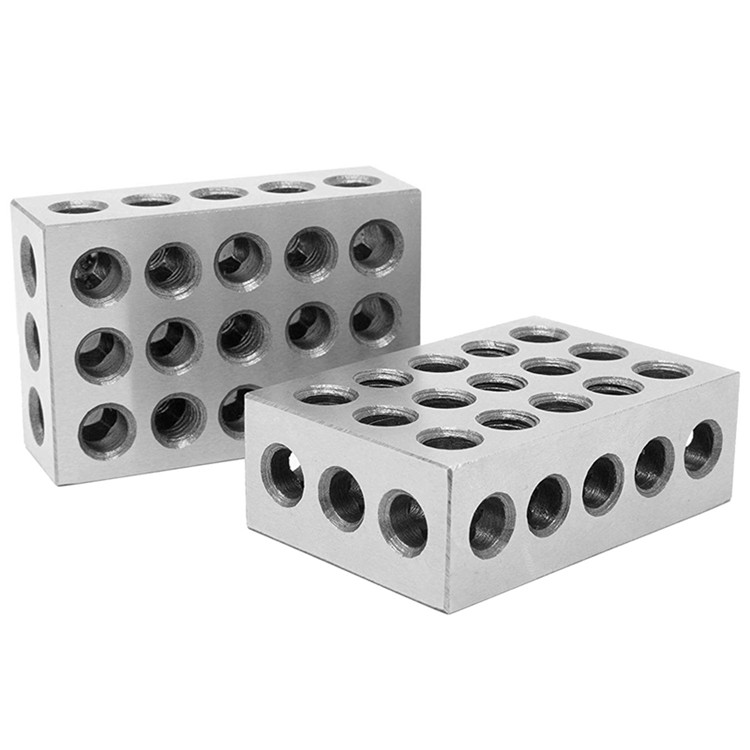 Precision 1-2-3, 2-3-4 or 2-4-6 Block With 1 And 11 And 23 Or None Hole
Precision 1-2-3, 2-3-4 or 2-4-6 Block With 1 And 11 And 23 Or None Hole -
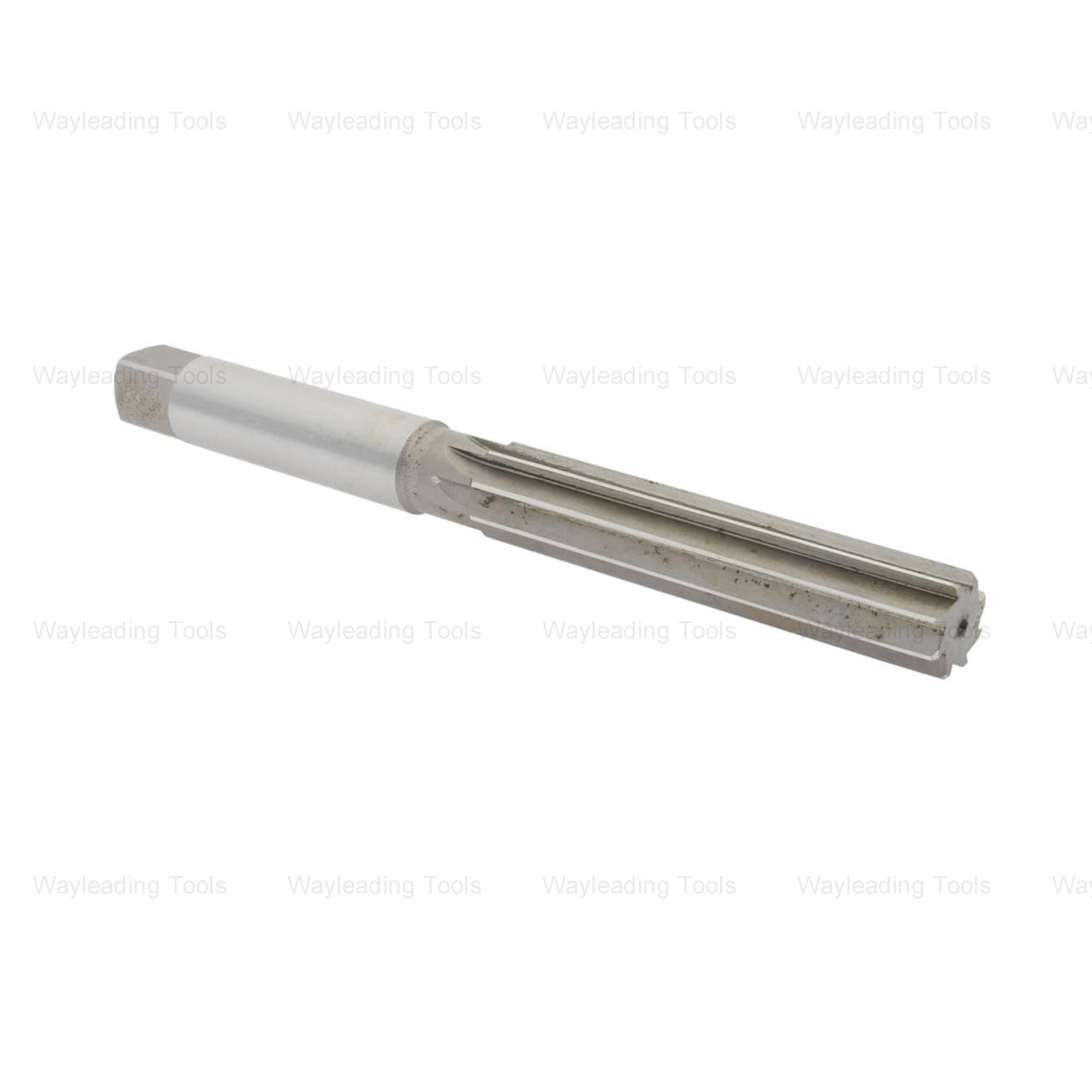 HSS Hand Reamers – Metric & Inch Sizes, Straight or Spiral Flutes
HSS Hand Reamers – Metric & Inch Sizes, Straight or Spiral Flutes -
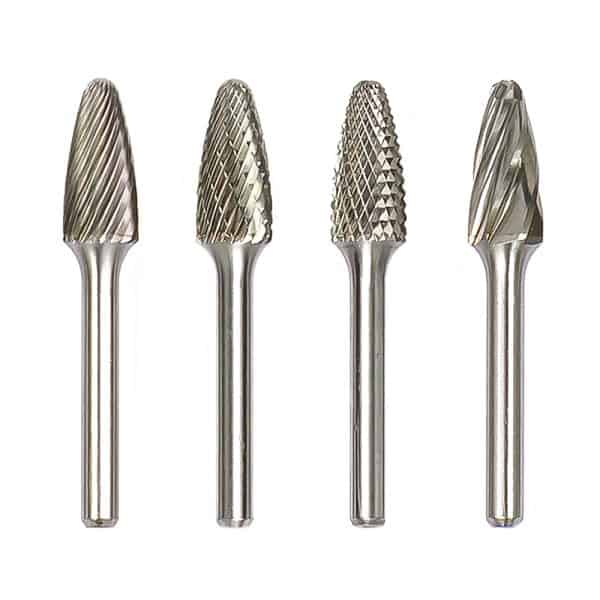 Type F Ball Nose Tree Tungsten Carbide Rotary Burr
Type F Ball Nose Tree Tungsten Carbide Rotary Burr -
 Precision Outside Micrometer Set With digit Counter Of Inch & Metric With Rachet Stop
Precision Outside Micrometer Set With digit Counter Of Inch & Metric With Rachet Stop -
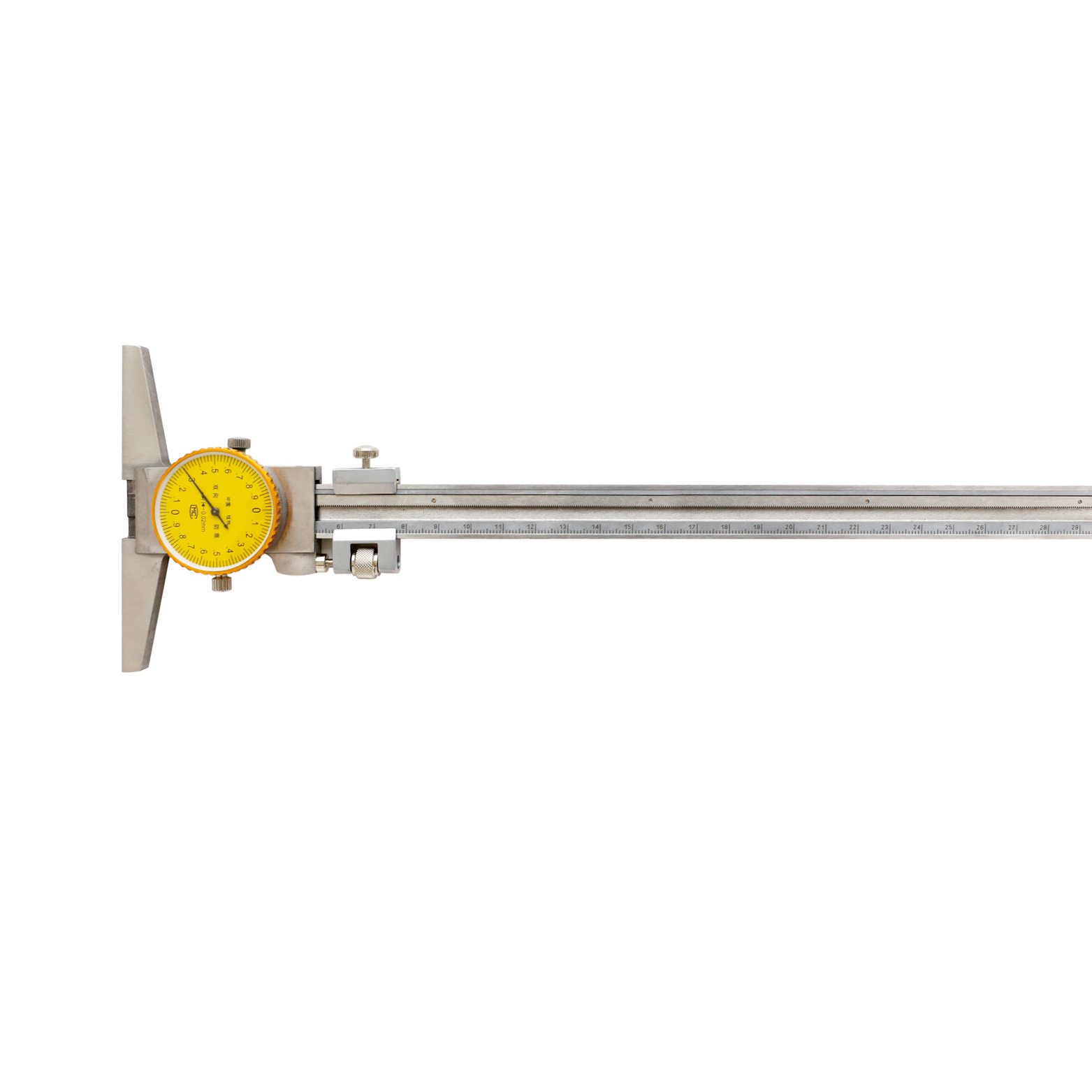 Dial Depth Gauge With Stainless Steel For Industrial Type
Dial Depth Gauge With Stainless Steel For Industrial Type -
 HSS Metric 4 Flute End Mills With Bright Or TiN And TiAlN Coated
HSS Metric 4 Flute End Mills With Bright Or TiN And TiAlN Coated -
 Double-beam Digital Gauge With Digital Counter
Double-beam Digital Gauge With Digital Counter -
 CNMG & CNMM Turning Insert For Indexable Turning Tool Holder
CNMG & CNMM Turning Insert For Indexable Turning Tool Holder -
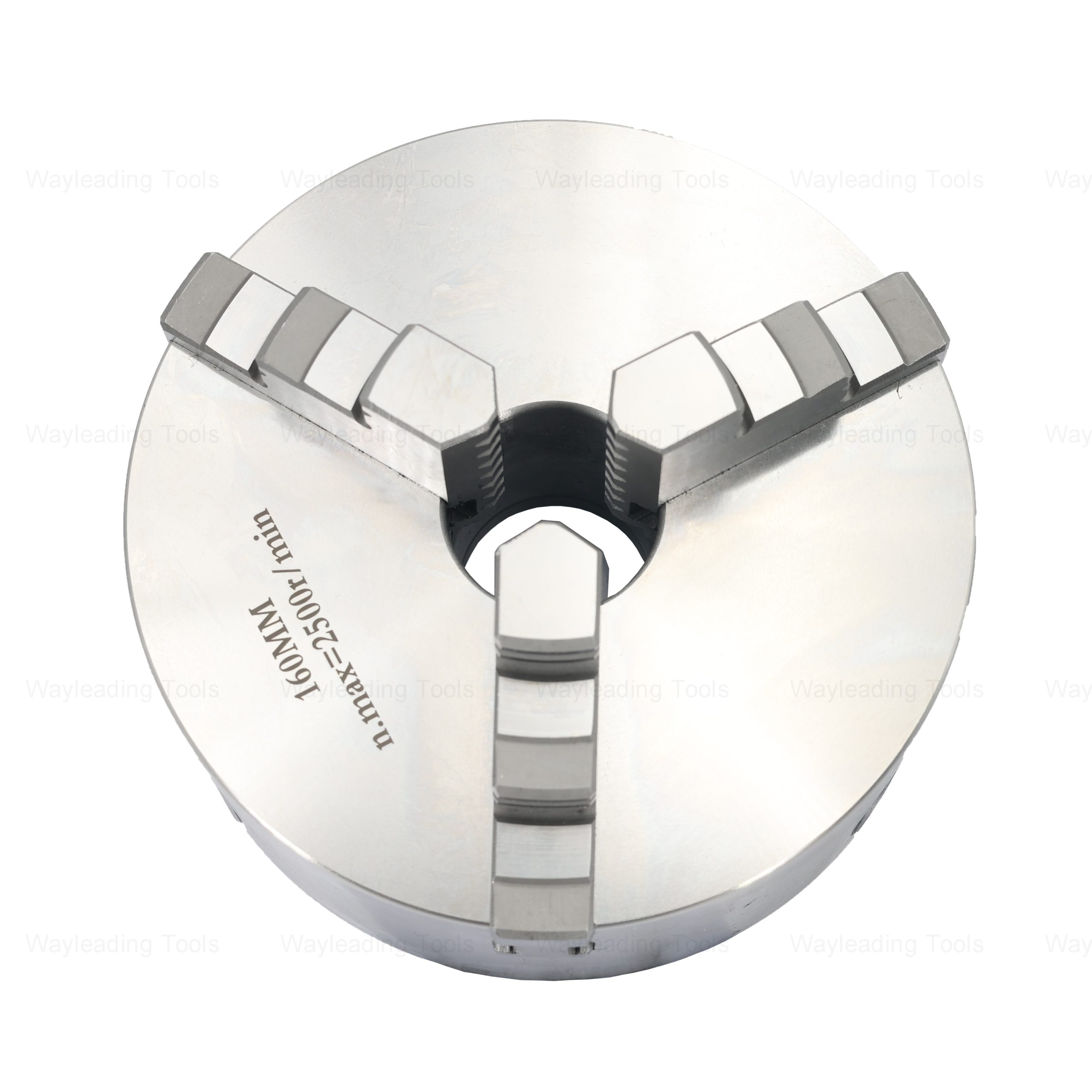 K11 Series 3-Jaw Self-Centering Lathe Chuck – Scroll Type, for Manual Lathes
K11 Series 3-Jaw Self-Centering Lathe Chuck – Scroll Type, for Manual Lathes









